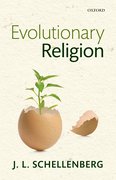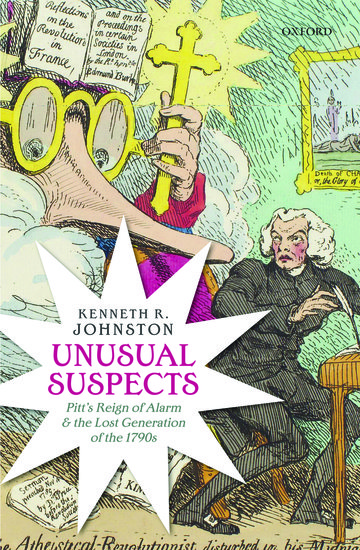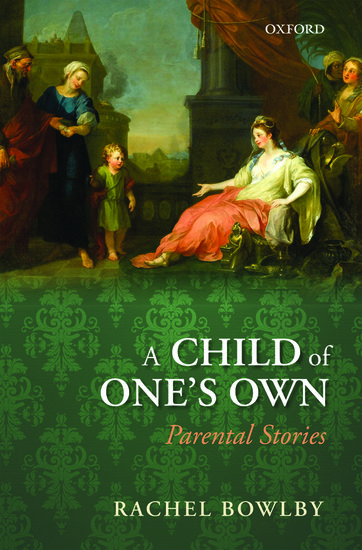Book groups and the latest ‘it’ novel
Robert Eaglestone
I’ve never been to a book group (although I was once invited to a Dad’s ‘Listening to the Album of the Month with Beer’ club) but I’ve always been afraid that it would be a bit of a busman’s holiday for me, or, worse, that – because I’m basically a teacher – it would turn me into the sort of terribly bossy know-it-all you don’t want drinking your nicely chilled wine. That said, I often get asked to recommend the current ‘it’ novel for book groups.







